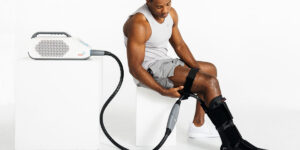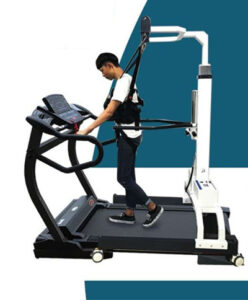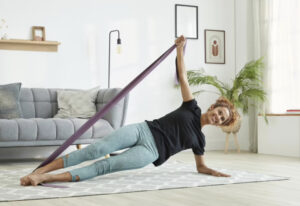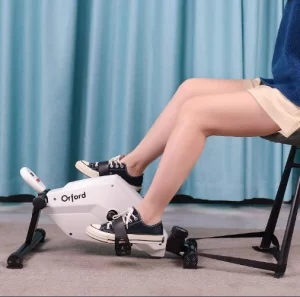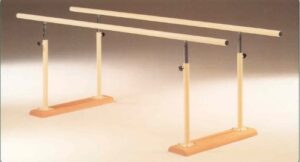Introduction to Home Physiotherapy
Home physiotherapy offers the convenience and comfort of receiving treatment in your own space. Still, it’s essential to understand the role of equipment in your recovery process. The Physiotherapy Equipment can help you regain mobility, manage pain, and improve your health. The benefits of at-home physiotherapy include personalized routines, privacy, and the ability to integrate exercises into your daily schedule.
Essential Physiotherapy Equipment for Home Exercises
To get started with physiotherapy exercises at home, specific equipment can make your routines more effective:
Exercise Balls: These are great for exercises that improve core strength, balance, and stability.
Resistance Bands: An affordable option with various resistances, ideal for muscle building and enhancing flexibility.
Hand and Finger Exercisers: Essential for improving dexterity, grip strength, and hand function.
Traction Devices: Beneficial for those suffering from back and neck issues, helping to alleviate pain and improve spinal alignment.
Advanced Home Therapy Devices
As you progress, you might consider advanced devices for more targeted therapy:
Electrical Stimulation Units: These devices manage pain and muscle function by delivering controlled electrical impulses to affected areas.
Ultrasound Machines: Not commonly used at home, but portable versions can provide deep tissue healing through sound waves.
Laser Therapy Units: A more innovative approach, these units aim to reduce pain and inflammation and promote healing.
Heat and Cold Therapy Tools
Temperature therapies are a mainstay in physiotherapy, aiding in pain management and recovery:
Heating Pads and Wraps: Apply warmth to reduce muscle tension and enhance blood flow.
Cooling Wraps: Ideal for reducing inflammation swelling and providing pain relief post-exercise.
Paraffin Wax Baths: Especially beneficial for those with joint issues in the hands and feet, offering deep, therapeutic warmth to improve mobility.
Supportive Physiotherapy Equipment for Enhanced Safety
To ensure exercises are done safely and effectively, consider:
Ankle and Wrist Weights: Start with light weights to gradually build strength.
Balance Cushions and Positioners: These can help maintain proper form and stability, especially for those with balance issues.
Portable Equipment for Flexibility in Therapy
For those who travel or have limited space, portable equipment options are available:
Pedal Exercisers: Compact and versatile, these are great for cardiovascular fitness and lower extremities strengthening.
Foldable Parallel Bars: While not as expected, they can be a space-saving option for those needing support while walking or standing exercises.
FAQs: Physiotherapy Equipment
What essential equipment do I need to start physiotherapy exercises at home?
First, consider simple, multipurpose tools such as exercise balls, resistance bands, and ankle weights. These can facilitate a wide range of exercises targeting different body parts.
Can I use electrical stimulation devices without professional guidance?
While some devices are designed for home use, it’s paramount to confer with a healthcare professional before starting to ensure you’re using them correctly and safely.
How often should I use hot and cold therapy for injury recovery?
The commonness can vary based on your specific condition, but typically, heat therapy is used before exercises to warm up the muscles, and cold therapy is applied afterward to reduce inflammation.
Are there any portable physiotherapy devices for traveling?
Yes, pedal exercisers and foldable parallel bars are created for relaxing transportation and can be used on the go.
What safety precautions should I take when using home physiotherapy equipment?
Always follow manufacturer guidelines, start with light resistance or weights, and stop and consult a professional if you experience pain beyond normal muscle fatigue.
Incorporating these tools into your home physiotherapy routine can significantly enhance your recovery and enable you to manage your health actively. Always consult with a physiotherapist for personalized advice and ensure you’re using the equipment safely and effectively.


